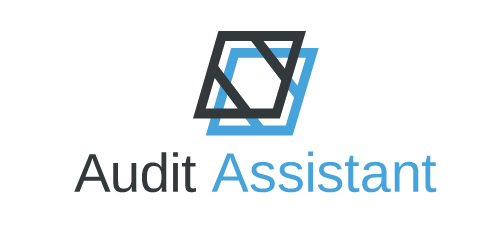Are you an overseas property investor? Do you know your NZ financial reporting and audit requirements?
To be a successful overseas property investor, you must be aware of the financial reporting and audit requirements as part of your due diligence when investing into New Zealand. But if you are yet unsure of such legal financial commitments, you can always refer to BVO Audit’s handy Audit Decision Tree.
However, where an overseas investor purchases a larger investment property with a value over $22M, it may not be apparent that they need to prepare audited financial statements. This is due to the financial reporting and audit requirements of the New Zealand Companies Act 1993.
Interestingly, there is no real trigger to owners of large investment properties to prepare, and file audited financial statements. Therefore, they rely on their professional advisor to advise them of these requirements to ensure the directors avoid any possible fines.
Here at BVO Audit, we come across clients with larger investment properties that are unaware of these legal requirements. Most recently, a new client contacted us after their tax advisor indicated a need for an audit. Thankfully, their advisor had also prepared financial statements under Generally Accepted Accounting Principles (GAAP), which meant the audit process went smoothly.
Though, had they not followed this process, it could have cost them a lot of money. That is why it’s necessary for successful property investors to understand the nuances of NZ financial reporting requirements and audit legislation.
In order to provide useful comparative figures for the financial statements, the book values calculated under GAAP need to be determined at the start of the comparative period i.e., for a 30 June 2023 balance date, book values under GAAP may be needed for 1 July 2021.
When it comes to larger commercial properties accessibility to certain documentation is required during the audit process. This may be provided not only by the client’s accounting team but also by any Property Managers working with them. It is why it’s important to make sure you can always access these records.
Whilst there is potentially a two-year relief from these requirements, it is worthwhile engaging early to fully understand your financial reporting and audit obligations.
If you are an overseas investor with residential or commercial investment property or are a financial advisor acting for a client who may need to understand their financial reporting and audit requirements, we welcome you to check out our decision tree or give us a call for no obligation chat.




